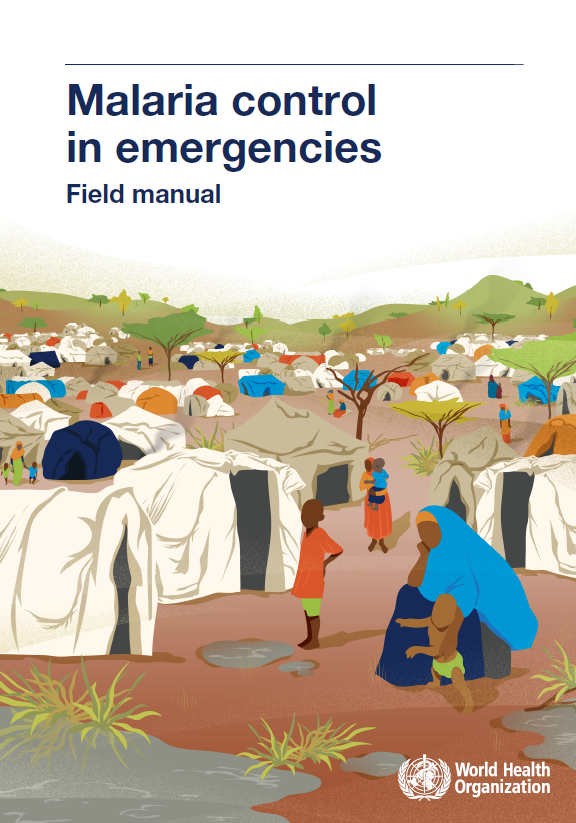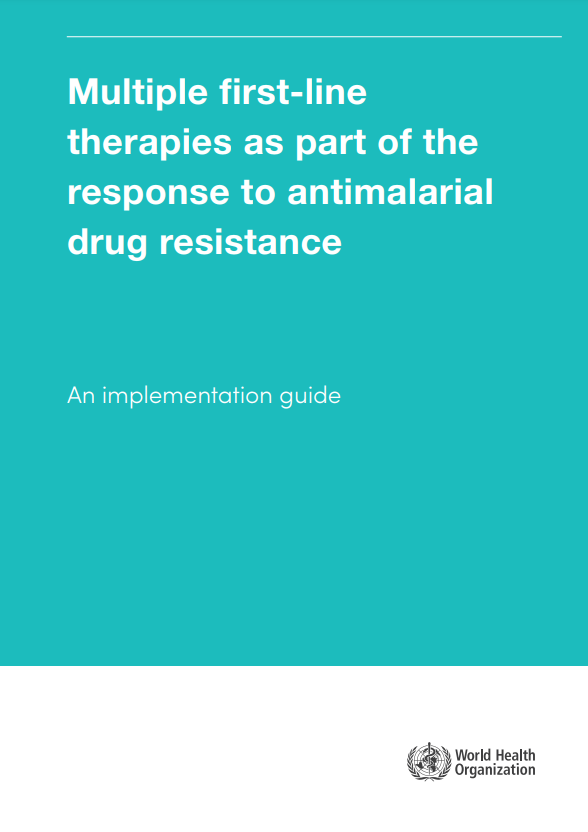Last Updated: 27/05/2025
Assessing the impact of treatment of asymptomatic malaria infections on inflammation and cognition in schoolchildren
Objectives
The objective of this project is to assess the impact of treatment of asymptomatic malaria infections on inflammation and cognition in schoolchildren.
Indiana University-Purdue University Indianapolis (IUPUI), United States
Malaria causes high morbidity and mortality globally with 247 million cases and 619,000 deaths in 2021, >90% of which occurred in children living in sub-Saharan Africa. Children who survive repeated episodes of symptomatic malaria caused by the Plasmodium falciparum parasite still do not thrive. Repeated malaria exposures eventually confer clinical immunity whereby these children can be “asymptomatically” infected with the parasite. These asymptomatic P. falciparum infections, while not clinically apparent, have significant individual and public health consequences, including chronic anemia, increased susceptibility to bacterial sepsis, and maintenance of onward malaria transmission by serving as parasite reservoirs. Prior studies suggest that asymptomatic infections can also adversely impact cognitive performance in school-aged children. In asymptomatic malaria infections, parasite density directly correlates with markers of systemic inflammation. Systemic inflammation, as measured by circulating inflammatory cytokines, has been proposed to mechanistically alter brain development. Despite the potential mechanistic links, it remains unknown whether systemic inflammation mediates the relationship between asymptomatic P. falciparum infections and cognitive performance. Based on this prior evidence and preliminary data, the hypothesis is that 1) asymptomatic P. falciparum parasitemia reduces cognitive performance; 2) treatment of microscopy-detectable asymptomatic parasitemia can reverse such reductions in cognition; and 3) subclinical inflammation, as measured by pro- inflammatory plasma cytokines, partially mediates the effect asymptomatic P. falciparum parasitemia on cognitive performance in young schoolchildren. To test these hypotheses, a 10-week interventional trial will be conducted in asymptomatic children aged 7-9 years (n=300, 50% female) residing in western Kenya whereby those with microscopy-positive P. falciparum parasitemia are treated at baseline. Parasitemia, hemoglobin, plasma cytokines, plasma metabolites, and inflammatory markers will be measured at baseline and at follow-up. Successful completion of this project will determine whether treatment of asymptomatic P. falciparum infections leads to improvements in cognitive performance and whether systemic inflammation mediates this relationship. Understanding these relationships is essential for developing public health programs that reduce the impact of malaria and its sequelae.
Jan 2024 — Nov 2025
$265,851


